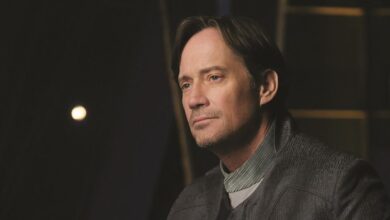Opinion | How Would You Prove That God Performed a Miracle?

Witness testimony in general has come in for a drubbing lately. Courts have overturned convictions when DNA proved that witnesses who sounded sure of themselves on the stand turned out to be horribly mistaken. Yet we rely on it all the time in the course of ordinary life. “If your epistemology is that eyewitness evidence doesn’t count, then there goes most historiography, journalism, even anthropology and sociology,” Craig Keener, a professor of biblical studies at Asbury Theological Seminary, told me. (He included Dr. Chinedozi’s and Dr. Adewuya’s stories in his book “Miracles Today.”)
Among those who deny miracles, “the presuppositions are so strong,” Dr. Keener said. “There’s a dogmatism there, just like a religious dogmatism. It looks to me like it’s so ideologically driven — if you’re starting from the standpoint that a miracle claim is not true if we could possibly come up with another explanation and one of the explanations can be, ‘We don’t have an explanation now, but maybe someday we will.’” When I asked Dr. Shermer what he thought about this analogy, he objected. Belief in future scientific discovery “is not faith,” he said. “It’s confidence that the system works pretty well from experience.”
Well-documented testimonies can suggest that something very strange happened, but they can never settle the crucial question of causation; this is, whether you are religious or not, a matter of faith. (Even Hume, in a way, granted this.) So do efforts to prove miracles miss the point — and miss other signs of God’s presence?
I put this question to Kim O’Connor, a nurse, and Hamilton Grantham, a pediatrician, who help lead the British Lourdes Medical Association, a group of medical professionals who accompany critically ill pilgrims to the Catholic shrine of Lourdes in France. They described startling cases of cancer remission and unresponsive people with dementia getting up to dance. But most of their stories emphasized internal transformation, the acceptance of approaching death by pilgrims and their families. “A lot of people we take are too humble for themselves. They don’t expect a miraculous cure,” Ms. O’Connor said.
The Catholic Church has officially acknowledged 70 miraculous healings associated with Lourdes since pilgrims began traveling there in 1858, but “they’re the small pinnacle of a much bigger blessing,” Dr. Grantham said. “The reality is that when we think of ourselves as doctors and nurses, as people who want to heal, healing comes in many different forms.”
Source link




